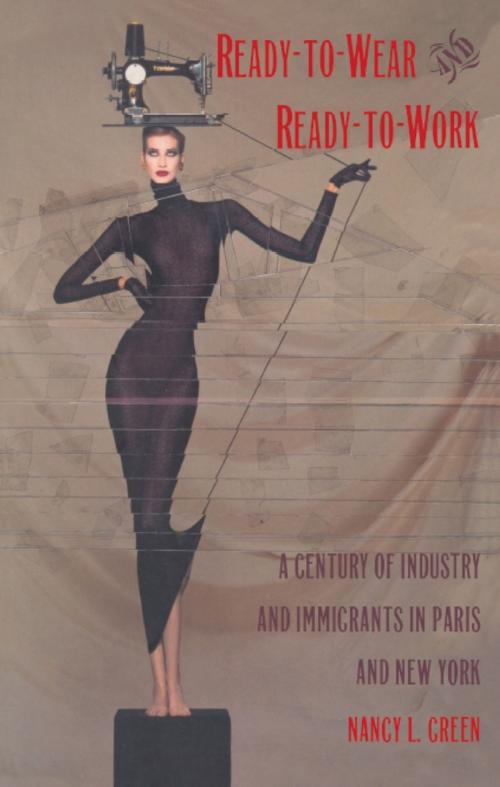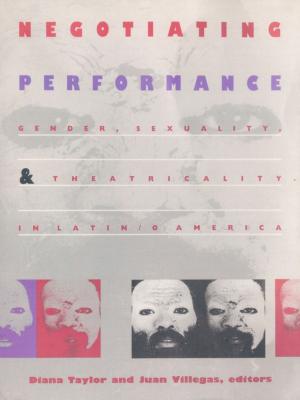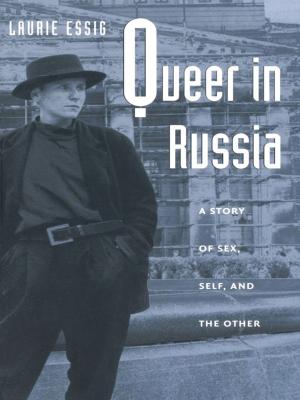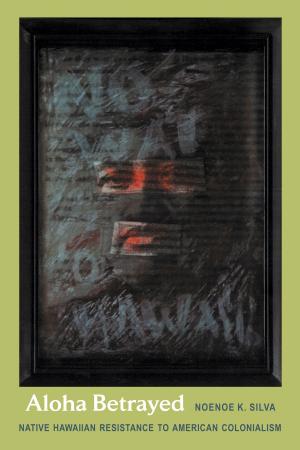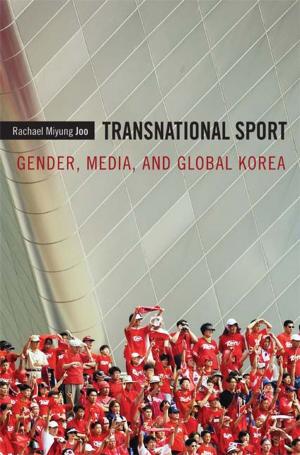Ready-to-Wear and Ready-to-Work
A Century of Industry and Immigrants in Paris and New York
Nonfiction, Art & Architecture, General Art, Fashion, History, Americas, United States, Business & Finance| Author: | Nancy L. Green, Andrew Gordon, Daniel James, Alexander Keyssar | ISBN: | 9780822382744 |
| Publisher: | Duke University Press | Publication: | January 16, 1997 |
| Imprint: | Duke University Press Books | Language: | English |
| Author: | Nancy L. Green, Andrew Gordon, Daniel James, Alexander Keyssar |
| ISBN: | 9780822382744 |
| Publisher: | Duke University Press |
| Publication: | January 16, 1997 |
| Imprint: | Duke University Press Books |
| Language: | English |
Nancy L. Green offers a critical and lively look at New York’s Seventh Avenue and the Parisian Sentier in this first comparative study of the two historical centers of the women’s garment industry. Torn between mass production and "art," this industry is one of the few manufactauring sectors left in the service-centered cities of today. Ready-to-Wear and Ready-to-Work tells the story of urban growth, the politics of labor, and the relationships among the many immigrant groups who have come to work the sewing machines over the last century.
Green focuses on issues of fashion and fabrication as they involve both the production and consumption of clothing. Traditionally, much of the urban garment industry has been organized around small workshops and flexible homework, and Green emphasizes the effect this labor organization had on the men and mostly women who have sewn the garments. Whether considering the immigrant Jews, Italians, Puerto Ricans, Dominicans, and Chinese in New York or the Chinese-Cambodians, Turks, Armenians, and Russian, Polish, and Tunisian Jews in Paris, she outlines similarities of social experience in the shops and the unions, while allowing the voices of the workers, in all their diversity to be heard.
A provocative examination of gender and ethnicity, historical conflict and consensus, and notions of class and cultural difference, Ready-to-Wear and Ready-to-Work breaks new ground in the methodology of comparative history.
Nancy L. Green offers a critical and lively look at New York’s Seventh Avenue and the Parisian Sentier in this first comparative study of the two historical centers of the women’s garment industry. Torn between mass production and "art," this industry is one of the few manufactauring sectors left in the service-centered cities of today. Ready-to-Wear and Ready-to-Work tells the story of urban growth, the politics of labor, and the relationships among the many immigrant groups who have come to work the sewing machines over the last century.
Green focuses on issues of fashion and fabrication as they involve both the production and consumption of clothing. Traditionally, much of the urban garment industry has been organized around small workshops and flexible homework, and Green emphasizes the effect this labor organization had on the men and mostly women who have sewn the garments. Whether considering the immigrant Jews, Italians, Puerto Ricans, Dominicans, and Chinese in New York or the Chinese-Cambodians, Turks, Armenians, and Russian, Polish, and Tunisian Jews in Paris, she outlines similarities of social experience in the shops and the unions, while allowing the voices of the workers, in all their diversity to be heard.
A provocative examination of gender and ethnicity, historical conflict and consensus, and notions of class and cultural difference, Ready-to-Wear and Ready-to-Work breaks new ground in the methodology of comparative history.
